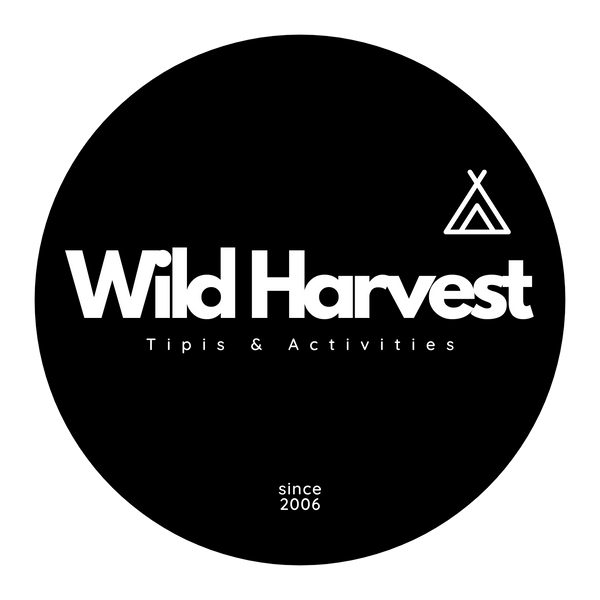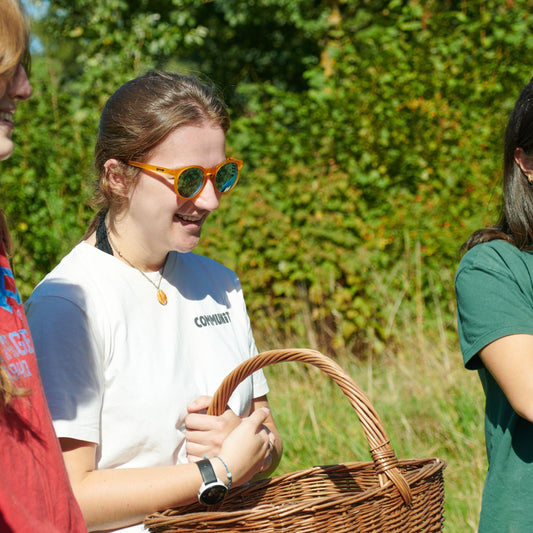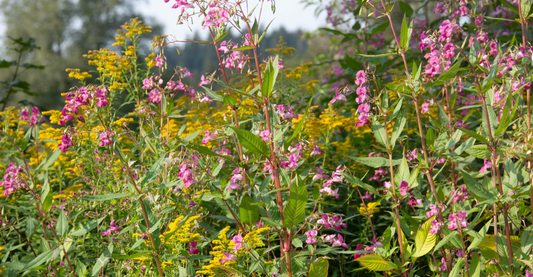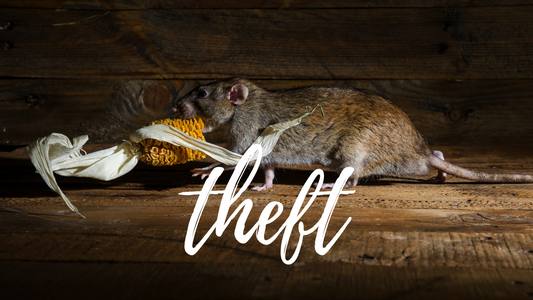
How to Make Sea Salt
Yes, I am in the UK, (Yorkshire to be precise) and yep I'm talking about the edible salt you put on chips and how to make your own from ... the sea!
Make Your Own Sea Salt
We are an island so salt is one staple you really can get quite easily and relatively locally for free.
Making your own sea-salt is easy if not quick. It needs no special equipment.
For this input:output experiment, I took a 20 litre Jerry Can (Plastic not metal) to the North East Coast where I grew up. Filling it with sea water where the waves were just knee height, I realised I had collected a little sand too, but figured this would have to be part of the process as I wasn't planning to go in deeper into the North England tide in early Spring.
Once home, the 20 litres of sea water was passed through a couple of tea towels to get the sand out. Then it was split between two 10 l stock pots and heated up on the stove top.
After a couple of hours the liquid had reduced maybe by two thirds so I decanted it into roasting tins to give a shallower depth and larger surface area. Roasting tins were then popped on the stove top. Replacing the stock pots. The temperature was medium. Roasting tins were too thin to cope with full heat I didn't want to risk walking away and all my efforts turning to black dust. You probably don't need to stir the water, but I couldn't resist occasionally.
Over the next few hours the water evaporated leaving more salt crystals than water (yes this is pretty energy heavy so I recommend doing it at a time you are naturally heating the house anyway and use it as the source of heat for the day; OR do it on the top of your wood burning stove on a similarly chilly day so you can justify the heating, otherwise it is too energy wasteful to do in the summer this way.
I'm unsure as to if we would have had enough sun here in Yorkshire at that time of the year, possibly in Summer this could be done outside under a perspex frame on a black tray, with air flow in and out, and just finished off in the oven... so to me this is a winter hobby, when I will already be running a source of heat.
The resulting crystals were then scraped onto dry baking trays and finished off in the oven with the tray tilted on an angle to let any surface water drain out into a dish underneath.
I filled a 1 litre Kilner Jar with some to spare, huge super salty chunks.
A Note on Water quality.
When I used to do this the sea water around our coast was some of the cleanest. Sadly over the last couple of years this has changed. As per the photos; I still tested water using water chemical testing strips (available online for about £3.99 for 100). These test for heavy metals and more.
Images Below








